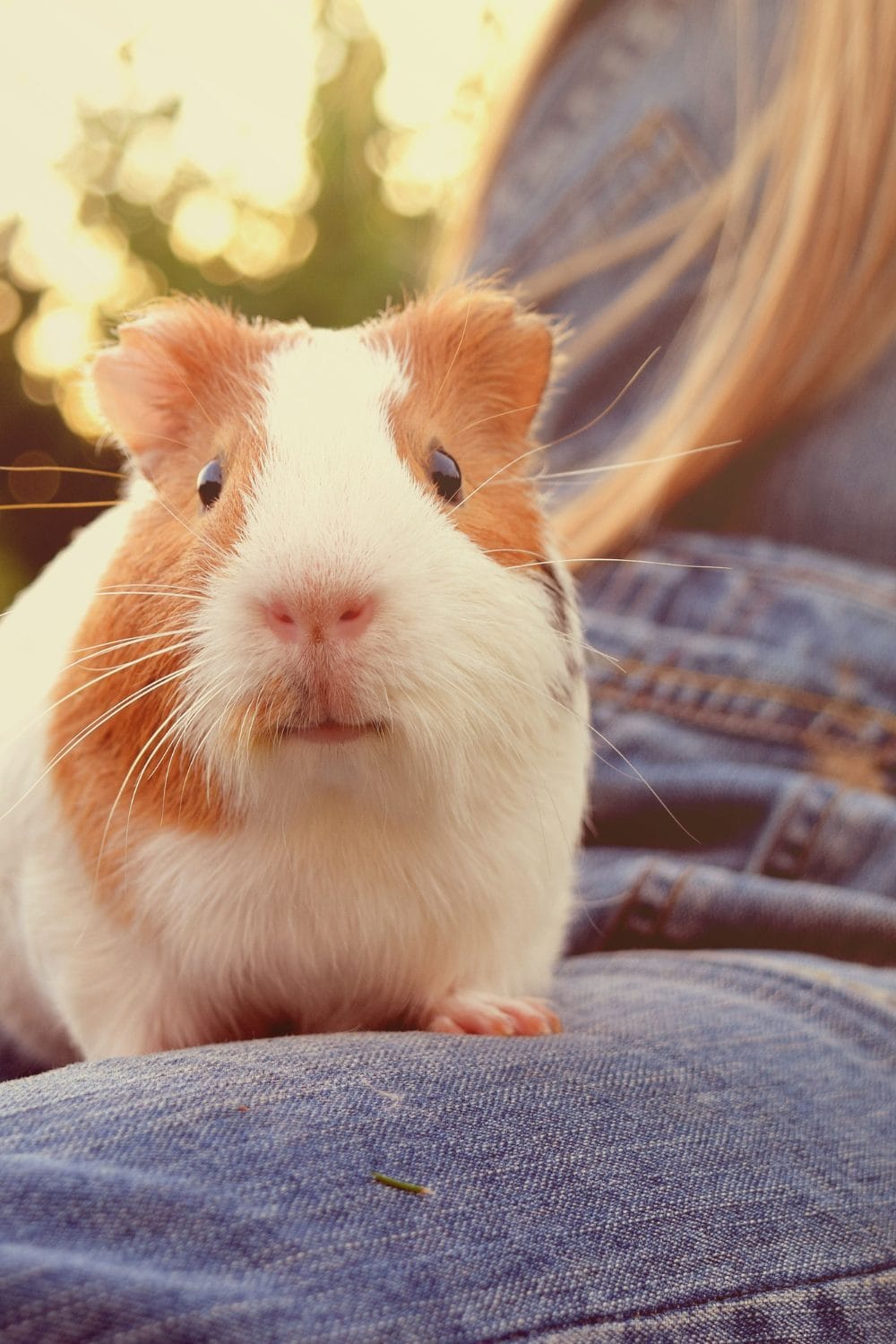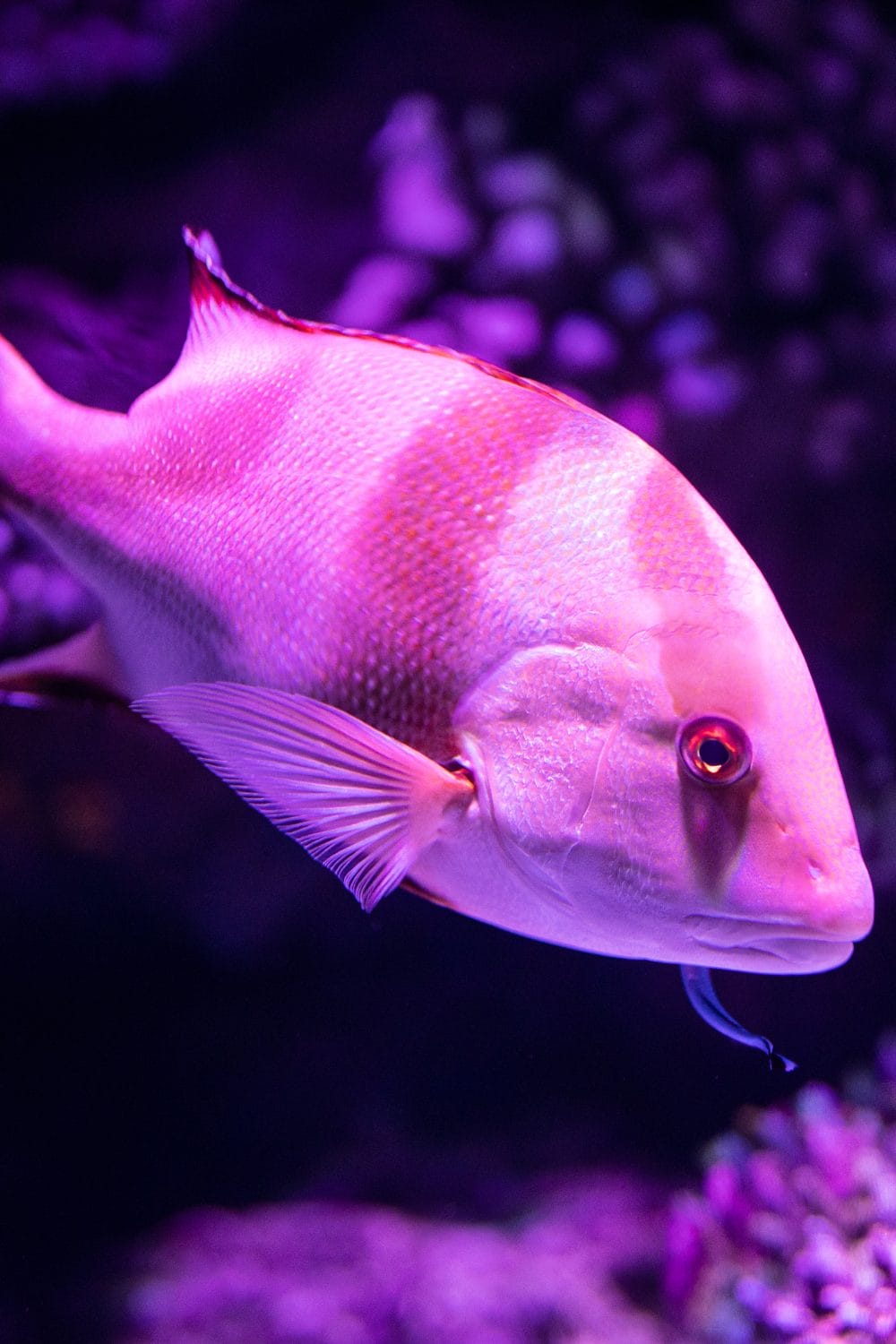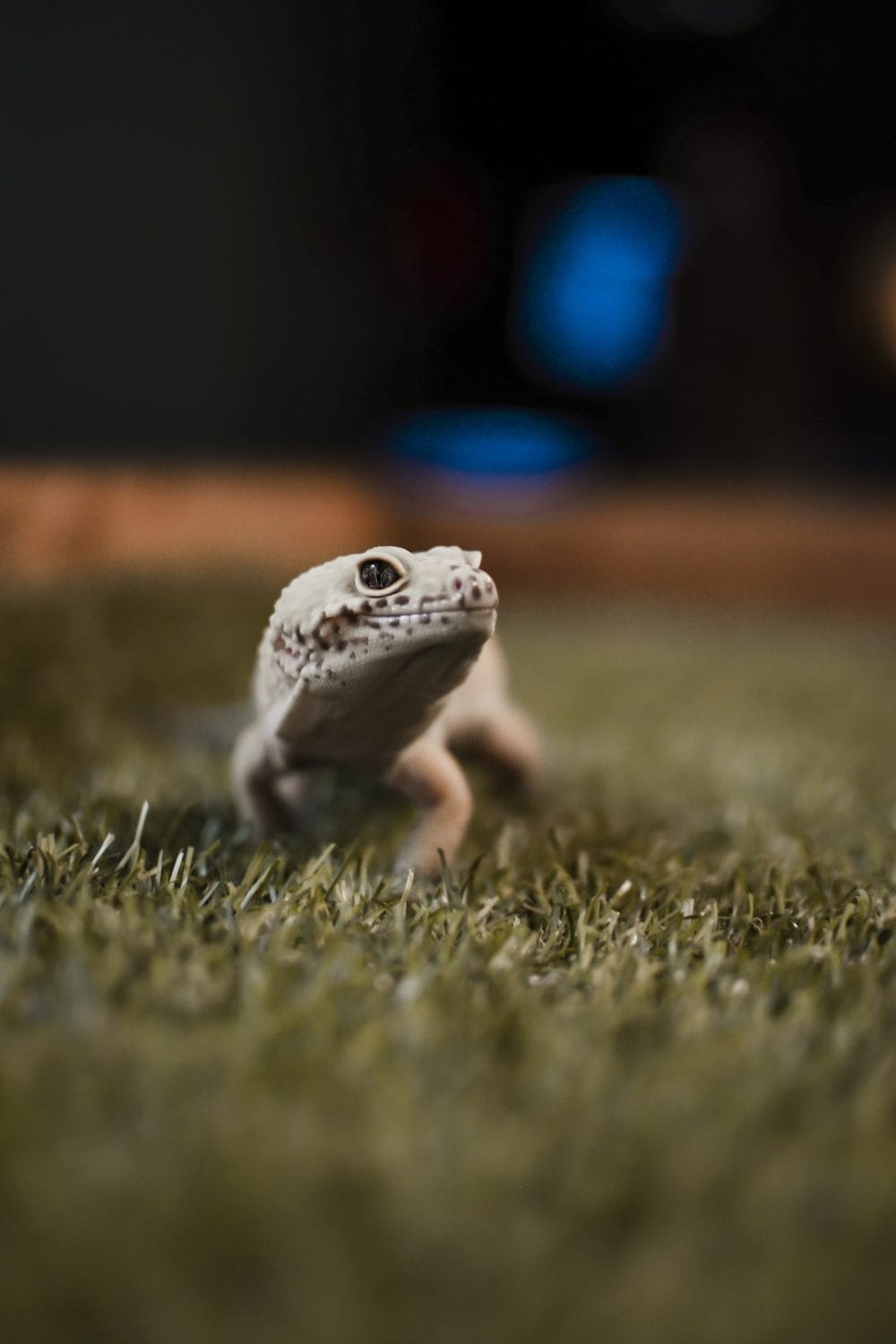
Not everyone wants a loud, energetic dog barking at every passing car or a parrot mimicking the microwave beep at 2 AM.
Whether you live in a small apartment, share walls with neighbors, or just prefer a more serene environment, quiet pets can make incredible companions without the noise.
Luckily, there’s a wide variety of low-noise pets out there—many of which are surprisingly affectionate, easy to care for, and just as rewarding as their noisier counterparts.
In this guide, we’ll walk you through The Quiet Companions, highlight their pros and cons, and help you find the perfect silent sidekick for your lifestyle.
Rabbits
If you’re looking for a quiet and cuddly pet, rabbits are a top choice. They don’t bark, meow, or screech—just the occasional soft thump or rustle of hay.
Why They’re Great
- They’re affectionate and enjoy human interaction.
- Litter-trainable and can roam freely indoors.
- They’re almost completely silent.
Keep in Mind
- Rabbits need a clean, safe space and mental stimulation.
- They require regular grooming and a healthy diet of hay, greens, and pellets.

Guinea Pigs
Guinea pigs are small, social, and relatively quiet. They do make soft cooing and “wheeking” noises, but it’s rarely loud or disruptive.
Why They’re Great
- They’re easy to handle and good for kids.
- Social animals that enjoy companionship (best kept in pairs).
- Their sounds are gentle and endearing, not bothersome.
Keep in Mind
- Daily cleaning of their cage is necessary.
- They need vitamin C supplements to stay healthy.
Fish (Freshwater and Saltwater)
Few pets are quieter—or more peaceful—than fish. A fish tank can be a calming centerpiece in your home.
Why They’re Great
- They produce no vocal noise at all.
- Watching fish can reduce stress and anxiety.
- Great for small living spaces.
Keep in Mind
- Tank maintenance and water quality are key.
- Some fish species are not beginner-friendly.
Keyword Tip: If you’re searching for quiet pets for small apartments, fish always make the top of the list.

Reptiles (Leopard Geckos, Bearded Dragons, Turtles)
Reptiles are among the most silent pets you can own. They don’t vocalize and require minimal daily interaction—perfect for calm households.
Why They’re Great
- No barking, chirping, or meowing.
- Fascinating to observe and often low-maintenance.
- Unique personalities and behaviors.
Keep in Mind
- Special lighting and temperature control are essential.
- They require species-specific diets and enclosures.
Hamsters
Hamsters are popular for their small size and low upkeep. While mostly silent, they’re nocturnal and may be active at night.
Why They’re Great
- Very quiet—no vocalizations except soft squeaks.
- Great for kids learning pet responsibility.
- Minimal space needed.
Keep in Mind
- Noisy wheel at night can disturb light sleepers.
- Better as solo pets; housing multiple can cause fighting.
Cats (Some Breeds)
While not always silent, some cat breeds are known for being low-vocal or quiet by nature. Breeds like the British Shorthair, Russian Blue, and Scottish Fold\ are less likely to meow excessively.
Why They’re Great
- Independent yet affectionate.
- Quiet breeds are ideal for peaceful homes.
- Easy to litter train and entertain.
Keep in Mind
- Individual personalities vary—some cats are chattier than others.
- Scratching behavior needs to be managed with training or scratch posts.

Snakes
Snakes aren’t for everyone, but they are undeniably silent pets. They don’t make noise, require little space, and eat infrequently.
Why They’re Great
- Totally silent and odorless if tank is kept clean.
- Low-maintenance and fascinating to watch.
- Long lifespan (some species live over 15 years).
Keep in Mind
- Not ideal for households with young children or phobias.
- Requires careful feeding and proper enclosure.
Tortoises
These gentle creatures are about as quiet as pets get. Tortoises move slowly, eat calmly, and don’t make a peep.
Why They’re Great
- Ideal for outdoor or indoor enclosures.
- Very calm and low-energy.
- No barking, chirping, or sudden noises.
Keep in Mind
- Some species can live for decades—be ready for the long haul.
- Require UV light and a varied diet.

Conclusion: Finding The Quiet Companions
Whether you’re in a shared apartment, work from home, or just value peace and quiet, there’s a perfect quiet pet out there for you.
From the snuggly rabbit to the mesmerizing fish, each of these pets brings a unique kind of companionship, minus the noise.
Choosing the quiet companion doesn’t mean settling for less love or joy. In fact, many of these companions form deep bonds with their owners and fit beautifully into calm, modern lifestyles.
Just be sure to research each pet’s care needs and choose one that matches your time, space, and comfort level.
FAQs About The Quiet Companions
Fish are arguably the quietest pet overall. They make no noise, take up minimal space, and require less direct interaction—ideal for apartment dwellers.
Yes, rabbits are almost completely silent. They don’t vocalize like dogs or cats, and their noises (like soft thumps) are usually very subtle. They are one of the best quiet pets for families.
Some reptiles like leopard geckos or bearded dragons are beginner-friendly and extremely quiet. They require some setup (lighting, temperature), but they’re easy to maintain with the right knowledge.
Some breeds do, but many are surprisingly quiet. Breeds like the Russian Blue, Chartreux, and British Shorthair are known for being less vocal. Choosing the right breed is key.
Top low-maintenance and quiet pets include:
Fish (especially bettas or goldfish)
Leopard geckos
Rabbits
Hamsters
Tortoises
These pets generally don’t need daily walks or loud environments, making them ideal for quieter lifestyles.
- Best Shampoo for Sensitive Skin Dog Grooming: 2026 Guide - February 12, 2026
- 40+ Aesthetic Names for White Dogs (2026 Unique & Rare List) - February 6, 2026
- 50+ Cool Snake Names for 2026: Expert-Picked & Rare Ideas - January 29, 2026


GIPHY App Key not set. Please check settings